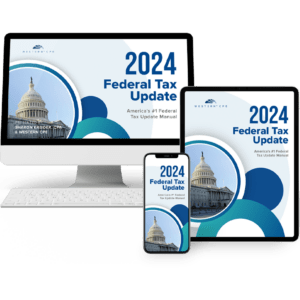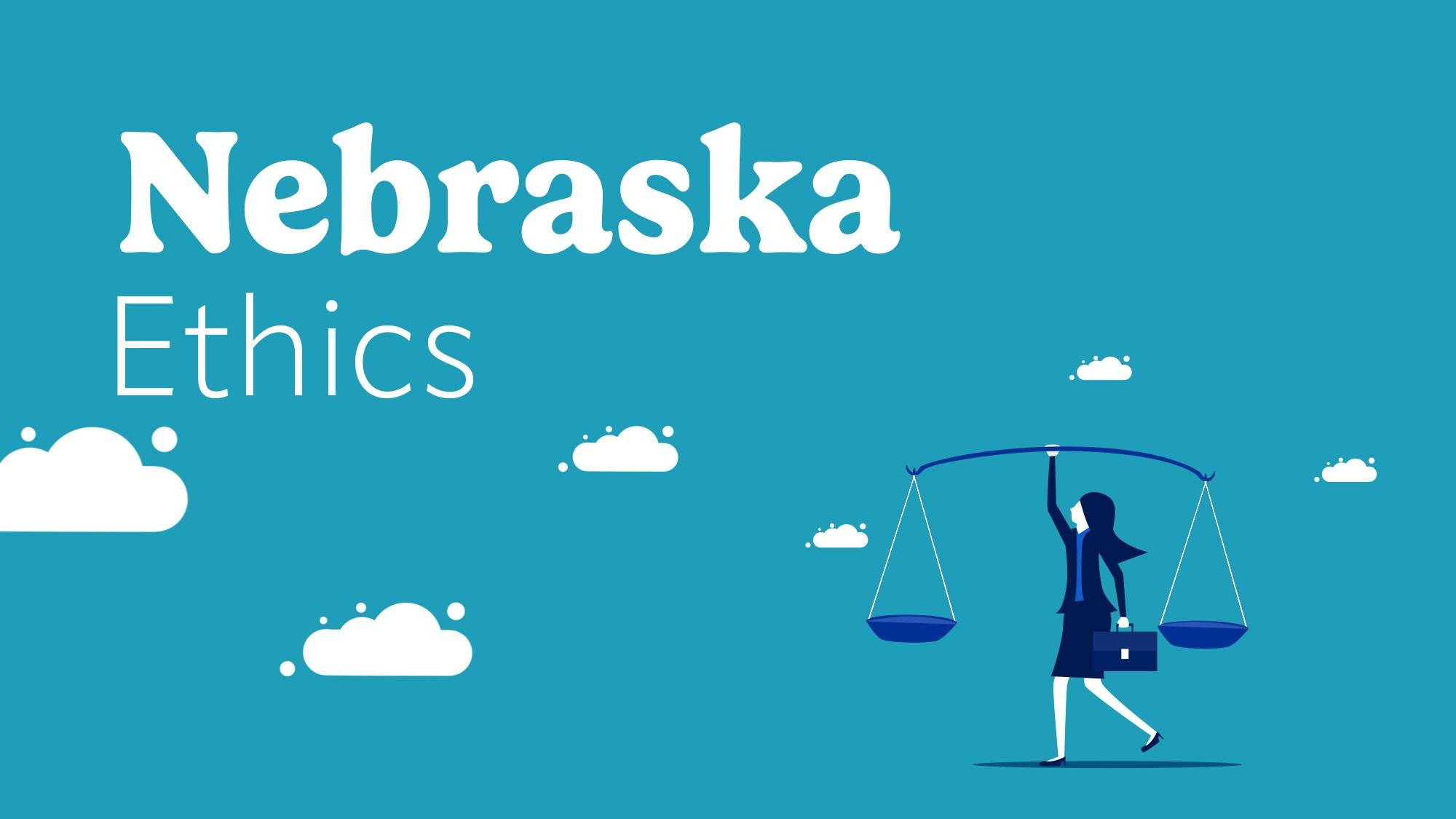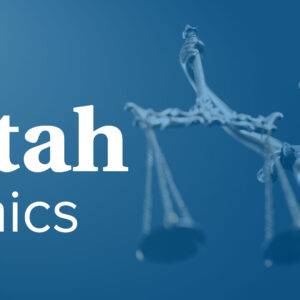WESTERN CPE BLOG
Providing the latest tax news, information, and updates for tax and finance professionals
Nebraska CPE Requirements: What You Need to Know
Introduction
Staying compliant with Nebraska’s Continuing Professional Education (CPE) requirements is crucial for accountants and financial professionals. With the biennial license renewal deadline on June 30 and a CPE reporting period ending December 31, it’s essential to stay on top of your continuing education credits to avoid penalties or disruptions to your practice.
In this guide, we’ll break down Nebraska’s CPE requirements, discuss common challenges professionals face, and provide actionable steps to simplify compliance.
Overview of Nebraska’s Accounting CPE Requirements
Nebraska CPE requirements are structured to ensure financial professionals maintain and enhance their skills. Here’s a breakdown of the key points:
Total Credit Hours
- 80 hours of CPE required every two years.
CPE Reporting Period
- January 1 to December 31 biennially, based on whether your birth year is odd or even.
CPA License Renewal Deadline
- June 30 biennially, aligned with your birth year.
Nebraska Ethics CPE Requirements
- A minimum of 4 hours in ethics CPE is mandatory for every reporting period.
CPE Credit Limitations
Certain categories have caps on how much credit you can apply toward your total:
- Committee Meetings: Maximum of 16 hoursfor technical meetings.
- Firm Meetings: Only accepted if they include continuous instruction, a qualified instructor, and a pre-prepared program outline.
- Instruction: Instructor credits are capped at 50%of total hours.
- Peer Review: Limited to 50% of total hours and must be board-approved.
- Personal Development/Communications: Combined limit of 16 hours.
- Published Materials: Authorship credits capped at 16 hours.
- Self-Study: Maximum of 50% of total hours.
- University/College Courses: Limited to 50% of total hours.
- Nano Learning: Credits must meet Nebraska’s 50-minute rounding rule and are capped at 40 hours per period.
- Blended Learning: Must adhere to Nebraska’s rounding rules for credit calculation.
Other State Policies
- Course Approval: Pre-approval is encouraged using Nebraska’s “Program Qualification Form.”
- Accepted Courses: Generally, any credits offered by NASBA sponsors are accepted.
Common Challenges
Professionals often face challenges when navigating Nebraska’s CPE requirements:
- Understanding Credit Limits: With several categories capped, it’s easy to miscalculate eligible credits. Experience a variety of categories with us live in Las Vegas.
- Balancing Workload: Juggling professional responsibilities and meeting CPE requirements can be stressful. For last-minute CPE credit, explore our Self-Study library.
- Finding Approved Courses: Ensuring courses align with Nebraska’s specific policies can be time-consuming.
- Rounding Rules: Nano and blended learning programs require adherence to specific rounding rules, which can be confusing.
Recommended Courses
These courses have been particularly popular with professionals in Nebraska and are tailored to meet your needs:
America’s #1 Federal Tax Update is a comprehensive collection focused on individual and business taxation that covers all of the latest developments the IRS, legislative, and judicial folks can and will throw your way. It’s bigger, better, and more trusted than the knock-offs out there, so accept no substitutes.
Take control of your continuing education with Western’s Credit Packages: flexible CPE that fits your exact requirements. Get access to our entire digital course library, including webcasts, self-study, and self-study video courses. It’s like an unlimited CPE subscription, but better—you only pay for what you need.
Essential program for Nebraska CPA Ethics and Professional Standards. Master state-specific regulations and ethical principles while fulfilling Board requirements through practical case analysis.
Industry-specific accounting practices for Agriculture, from inventory valuation to managing non-current farm assets. Ensure accurate financial management for farms, ranches, and agricultural businesses.
Practical walkthrough to Corporate Transparency Act Compliance and Reporting. Examine BOI requirements and filing procedures through hands-on examples for closely-held business entities.
Comprehensive guide for Form 4797 and Business Asset Reporting. Transform complex real estate transactions into accurate tax filings while mastering recapture calculations and disposition elections.
Conclusion
Meeting Nebraska’s CPE requirements doesn’t have to be overwhelming. By staying informed of the rules, planning your coursework, and utilizing approved providers, you can ensure compliance while enhancing your professional skills. Ready to tackle your CPE requirements?
Join thousands of professionals who trust us to help them meet their CPE requirements. Browse our catalog today and discover courses designed to fit your goals and deadlines.
FAQ
Q: How do I know if a course qualifies for Nebraska CPE credits?
A: Nebraska accepts courses from NASBA-approved providers and encourages pre-approval through the “Program Qualification Form.”
Q: Can I earn all 80 hours through self-study courses?
A: No, self-study credits are limited to 50% of the total required hours.
Q: What happens if I don’t meet the ethics requirement?
A: Failing to complete the 4 required ethics hours could result in penalties or delays in license renewal.
Q: How are nano learning credits calculated?
A: Nano learning credits are awarded in 50-minute increments and must be earned from the same sponsor, with a cap of 40 hours per period.
-
Self-Study
Revenue Recognition Fundamentals – How to Identify Performance Obligations
$29.00 – $49.00 Select options This product has multiple variants. The options may be chosen on the product page -
Self-Study
Revenue Recognition Fundamentals – Assessing and Analyzing Contracts
$29.00 – $49.00 Select options This product has multiple variants. The options may be chosen on the product page -
Self-Study
Lease Accounting Simplified – What You Need to Stay Compliant
$58.00 – $78.00 Select options This product has multiple variants. The options may be chosen on the product page -
Self-Study
Ethics and Professional Conduct for Utah CPAs
$116.00 – $136.00 Select options This product has multiple variants. The options may be chosen on the product page













